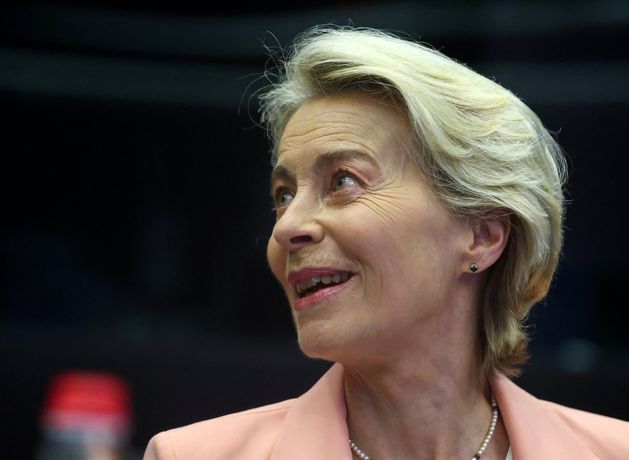It comes after EU countries last week voted to impose tariffs on EVs imported from China, despite a risk to Irish diary and other food exports if the country counters with its own trade penalties.
Conor Mulvihill, Director of DII urged the EU Commission to work quickly to resolve the dispute and ensure that farm families and the wider dairy industry are not negatively impacted by a dispute that they have nothing to do with.
“The Irish dairy industry produces and exports in full compliance with EU and WTO rules,” he said.
“While any threat of trade disruption is unwelcome, and China is an important market for both EU and Irish dairy, Irish dairy is well diversified in its product mix and destination countries. At present, the Chinese complaint relates to a sub-sector of dairy products, such as cheeses, and most of our cheese exports are directed to the UK and EU markets.”
The President of ICMSA, Denis Drennan, said that it had to be possible to work out a regime on EV imports that made sense for both China and the EU, but that Ireland must insist that our food exports — and the farming families behind those — were not simply treated as ‘collateral damage’ in the exchanges between the EU and China.
EVs have become a major flash point in a broader trade dispute. The Commission believes Chinese subsidies to manufacturers have helped them unfairly undercut Europe’s own car industry. Chinese-built electric cars’ share of the European EV market went from 3.9pc in 2020 to 25pc by September 2023.
The pace of growth has sparked major fears for the future of Europe’s own car industry.
The EU Commission President, Ursula von der Leyen, said the electric vehicle sector holds huge potential for Europe’s future competitiveness and green industrial leadership.
“And we will do this in full respect of our EU and international obligations — because Europe plays by the rules, within its borders and globally,” she said. “This anti-subsidy investigation will be thorough, fair, and fact-based.”
The new duties, which will increase prices for consumers, will come into force on October 31 unless Brussels and Beijing can hammer out an agreement in the meantime.
The duties on Chinese manufacturers, if applied, would be 17pc on cars from BYD, 18.8pc on those from Geely, which owns Polestar and Sweden’s Volvo, and 35.3pc for vehicles exported by China’s state-owned SAIC.
“China firmly opposes the EU’s unfair, non-compliant and unreasonable protectionist practices in this case, and firmly opposes the EU’s imposition of anti-subsidy duties on Chinese electric vehicles,” a spokesperson at China’s Commerce Ministry said in comments posted online.
In August, the Irish dairy industry was caught up in the brewing trade row when Chinese authorities announced their own anti-subsidy investigation into imported dairy products from the EU.
The move was widely seen as a tit-for-tat response to the EU moves to restrict electric vehicles from China.

